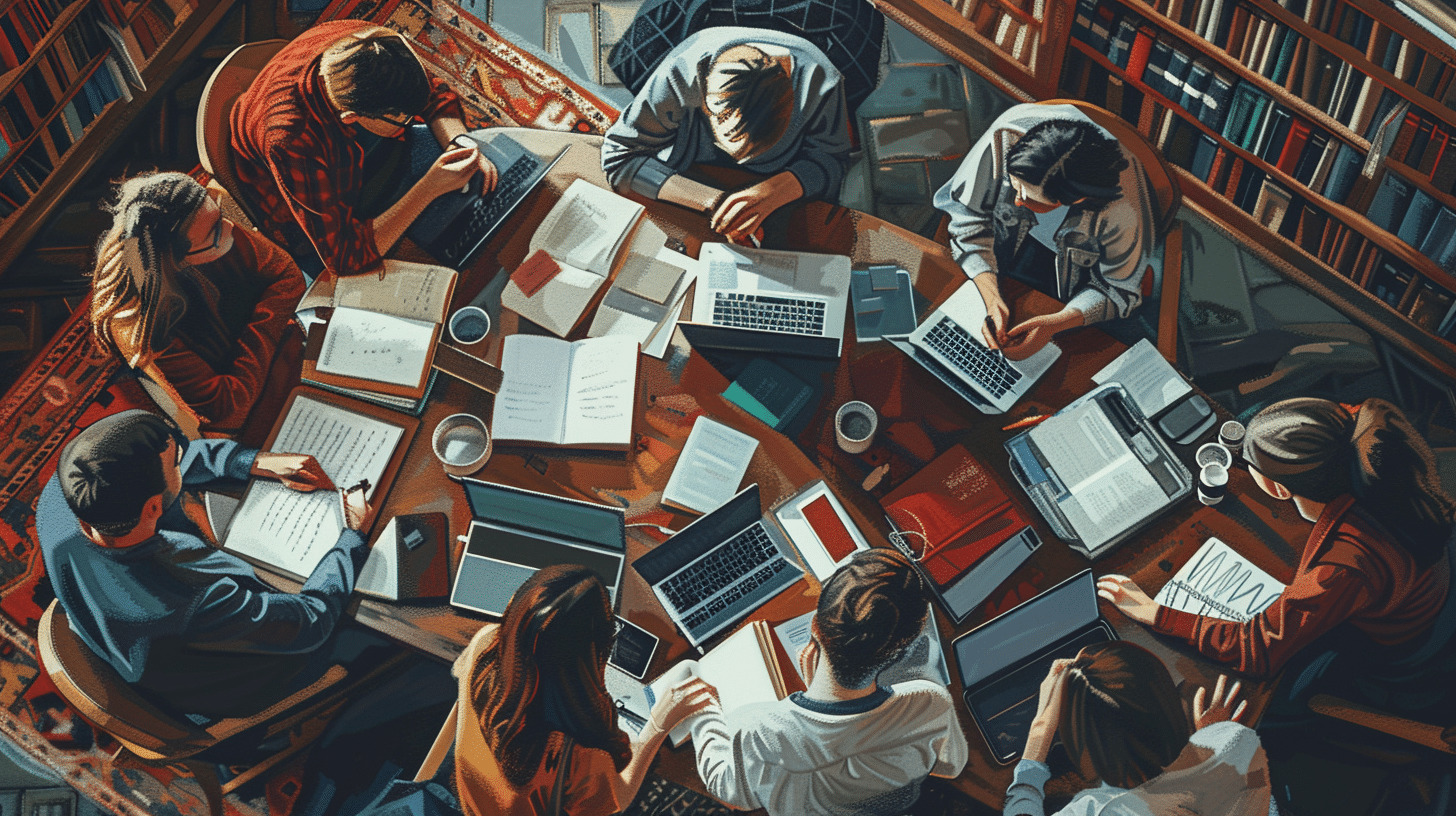Argentina boasts a robust educational system, structured to provide comprehensive learning from early childhood through higher education. The Argentine education system is divided into several levels, starting from initial levels to tertiary education, all regulated under the national Ministry of Education.
Primary Education: Starting at the age of 6, this level lasts for 6 years. The curriculum covers basic subjects like Math, Science, Social Studies, and Language, which is predominantly Spanish, the official language of Argentina.
Secondary Education: This level also spans 6 years and is divided into two cycles of 3 years each. The first cycle is general education, while the second cycle often offers specialized education in areas such as Arts, Economics, and Natural Sciences.
Tertiary Education: Post-secondary education in Argentina includes universities, both public and private, as well as various non-university higher education institutions, offering a wide range of undergraduate and postgraduate programs.
Government Initiatives in Education
The Argentine government has implemented various policies and programs to enhance the quality and accessibility of education throughout the country. These initiatives are designed to support educational infrastructure, teacher training, and inclusion programs to ensure all sectors of society have access to quality education.
Connectivity Program: One significant initiative is the Connectivity Program which aims to improve internet access in schools across the country, thereby facilitating digital learning and integration of technology in education.
Inclusive Education: There are also numerous efforts directed towards inclusive education, ensuring students with disabilities are provided with necessary resources and support to thrive in a learning environment.
Teacher Training: The government also prioritizes continuous professional development for teachers, offering various training programs to enhance their skills and teaching methods.
Higher Education and Research
Argentina is renowned for its strong emphasis on higher education and research, with several universities ranking high in Latin American lists. Public universities such as the University of Buenos Aires, National University of La Plata, and National University of Cordoba are notable for their research contributions and quality education.
Research Grants: The government and various private entities offer research grants to promote scientific and technological development. These grants support both basic and applied research across diverse fields.
International Collaboration: Argentine universities actively collaborate with international institutions, enhancing their research capabilities and offering students global exposure and expertise.
Graduate Programs: There is a wide array of postgraduate programs available in Argentina, catering to a plethora of interests and fields, from humanities to bioengineering, reflecting the country’s commitment to advanced learning and specialization.
Cultural Influence on Education
The rich cultural heritage of Argentina significantly influences its educational philosophy and practices. The integration of cultural elements into the curriculum helps in nurturing well-rounded individuals who appreciate their history and traditions.
Language and Literature: Argentine literature, with giants like Jorge Luis Borges and Julio Cortázar, forms a crucial part of the curriculum, instilling a love for reading and critical thinking among students.
Arts Education: Argentina also places a high value on arts education, evident in the widespread incorporation of music, dance, and visual arts in school programs, which are particularly vibrant due to the country’s strong historical ties to these fields.
History: Argentine history, especially the periods of colonization, independence, and recent political developments, is thoroughly taught in schools, promoting a deep understanding of the nation’s past and its impact on current society.
Challenges and Opportunities
Despite its strengths, the education system in Argentina faces several challenges that need to be addressed to continually improve the quality of learning.
Disparities in Quality: There is a noticeable disparity in educational quality and resources available between urban and rural areas, as well as between public and private institutions.
Economic Factors: Economic instability in the country often affects funding for education, impacting resources available for schools, salaries for teachers, and the development of new educational programs.
Innovation in Curriculum: There is a growing need for the curriculum to evolve to include more technology and innovation-oriented subjects to prepare students for the demands of the modern workforce.
On the other hand, these challenges present opportunities for development and reform that can potentially lead to substantial improvements in the educational landscape of Argentina. Implementing more inclusive policies, increasing funding, and integrating modern educational practices are just some of the steps that could be taken to enhance learning outcomes for students across the country.
In conclusion, learning in Argentina is characterized by a rich blend of cultural heritage and modern educational practices. The government’s continuous efforts to improve the educational system are commendable, yet ongoing challenges must be addressed to ensure that every child and adult in Argentina has access to quality education. This commitment to education not only enhances individual lives but also contributes to the broader societal and economic development of the country.






